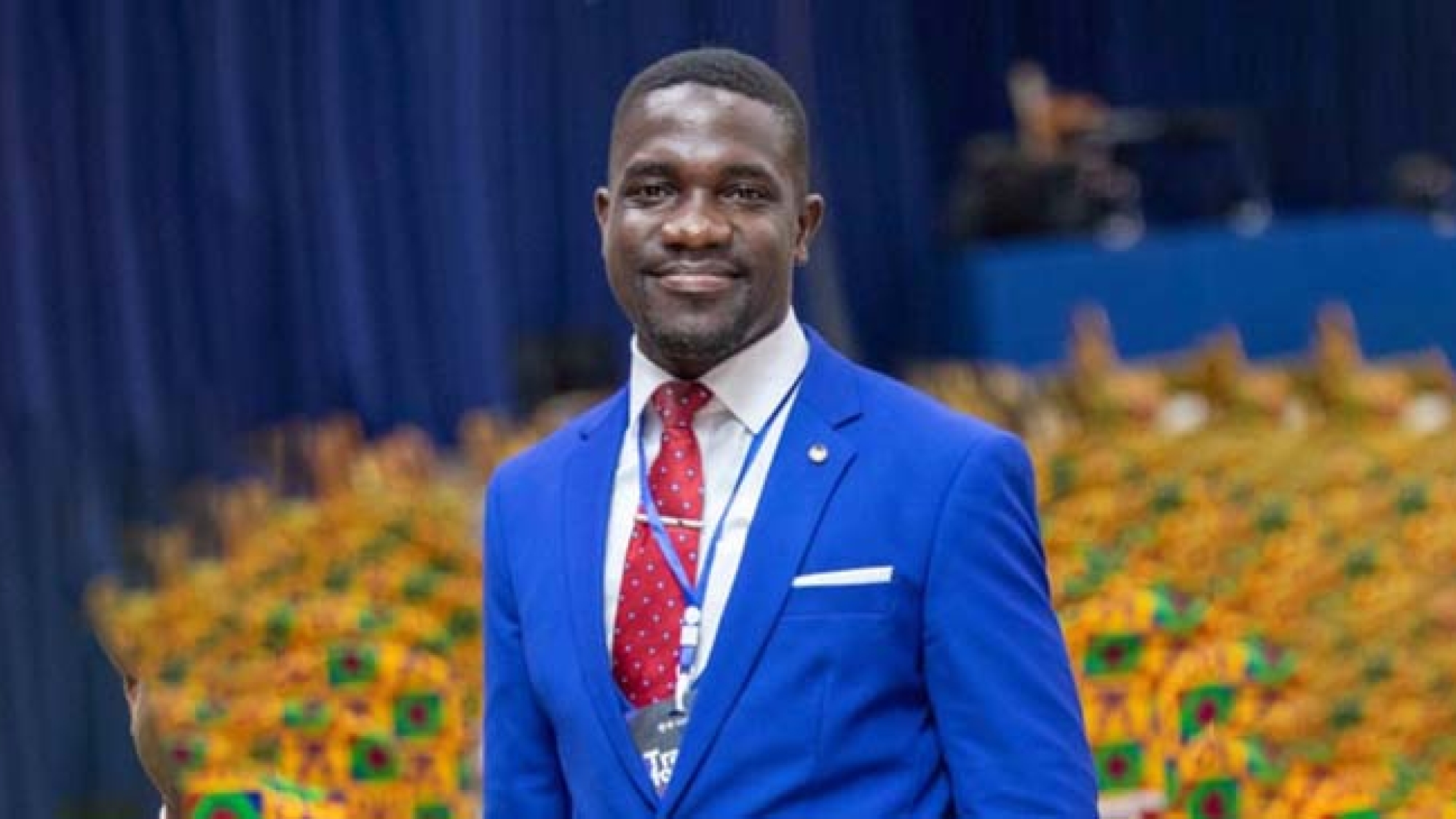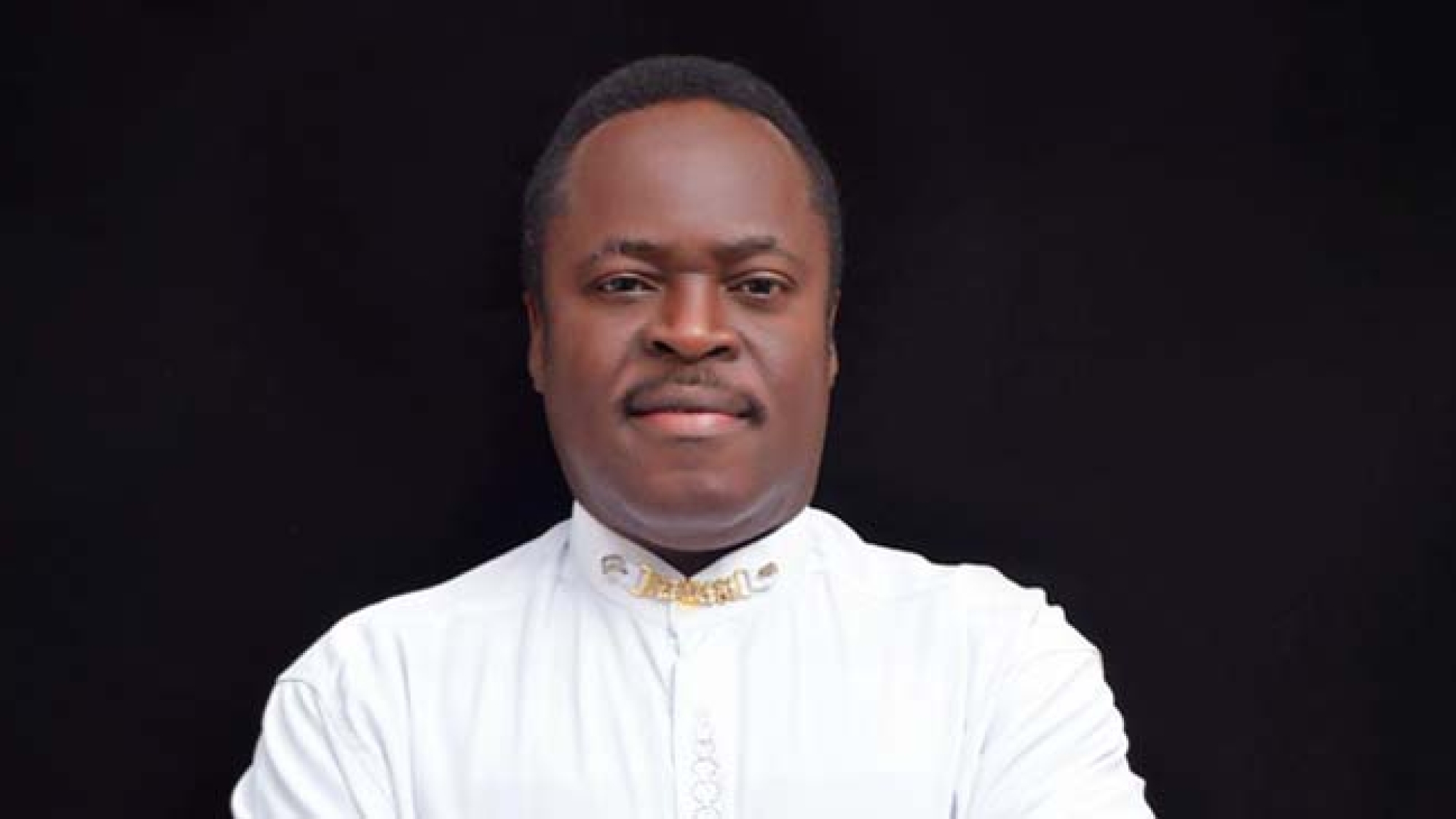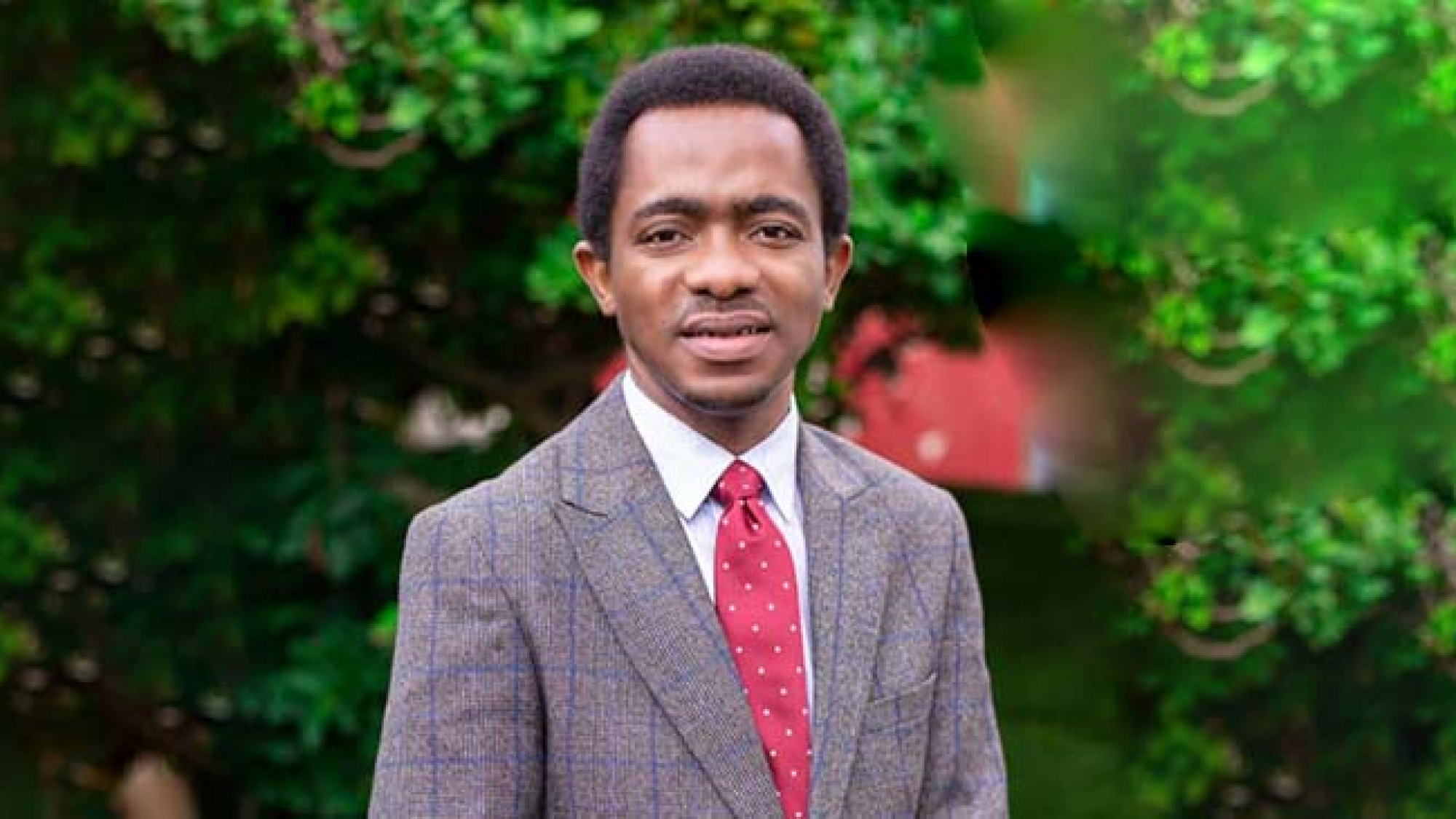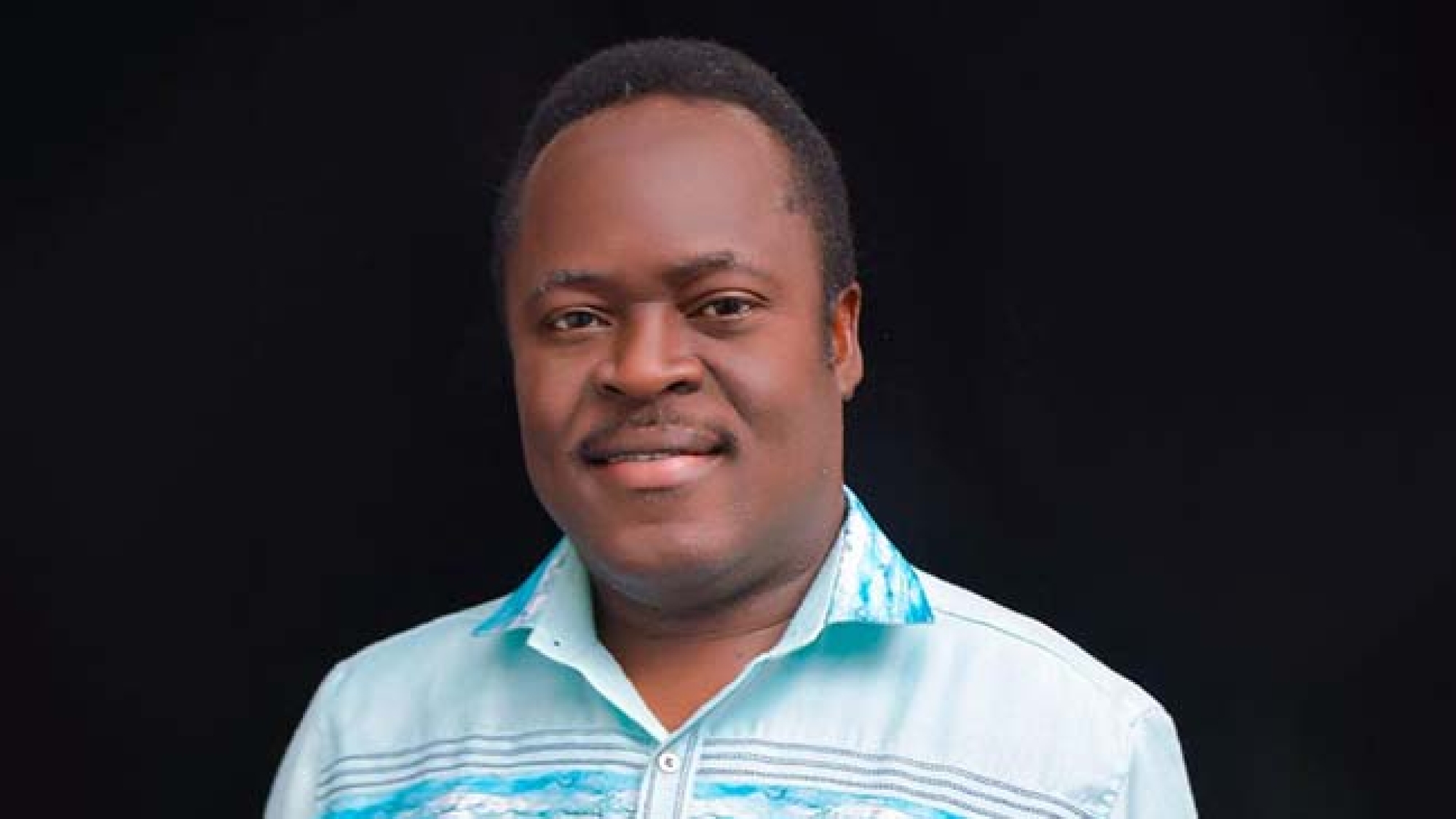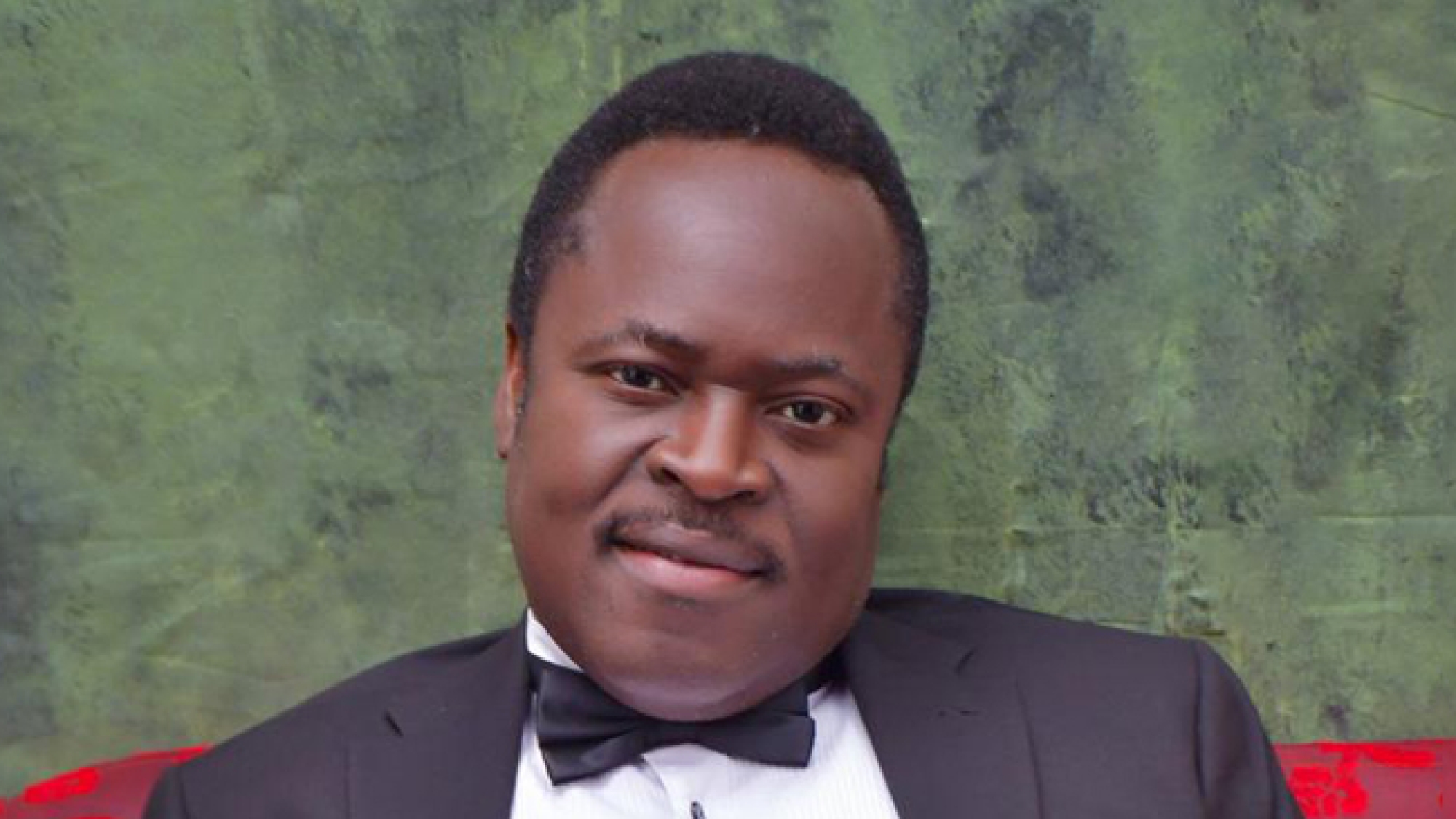Pentecost marks a pivotal moment in Christian history, marking the outpouring of the Holy Spirit upon the early believers. This divine encounter empowered them to become bold witnesses for Christ, initiating the rapid spread of the Gospel. In Acts 2, we see the birth of the Church and the beginning of a powerful movement that continues to this day. But what comes next after such a transformative experience? How are young men and women, filled with the Holy Spirit, called to “possess the nations” and impact their spheres for the Lord?
The Call to Action
After Pentecost, the first call to action for the apostles was the Great Commission. Pentecost was not just a one-time event but a catalyst for a lifelong mission. The book of Acts chronicles the immediate aftermath of Pentecost, showcasing the apostles’ newfound boldness and miraculous works.
After receiving the Holy Spirit, the early disciples were transformed and equipped to spread the Gospel. Acts 1:8 captures Jesus’ promise: “But you will receive power when the Holy Spirit has come upon you, and you will be my witnesses in Jerusalem and in all Judea and Samaria, and to the end of the earth.” This mandate is still relevant today, calling young Christians to be witnesses in their communities and beyond. The call to action is to embrace the Holy Spirit, walk in His power daily, allow Him to guide, teach, and empower us for the tasks ahead.
Empowered to Possess
To “possess the nations” means to take ownership and responsibility for bringing God’s Kingdom to every sphere of influence. The empowerment that came at Pentecost is not limited to geographical boundaries but extends to every area of life, education, business, politics, arts, and more. Peter, once timid and afraid, preached boldly to the masses after receiving the Holy Spirit. Acts 2:14-41 records Peter’s first sermon, resulting in about three thousand conversions. Similarly, young men and women empowered by the Holy Spirit are called to transform their spheres with the values and principles of the Kingdom of God. The Holy Spirit equips us with courage and the words to speak, as Jesus promised in Luke 12:12: “For the Holy Spirit will teach you at that time what you should say.” Believers today are called to step out in boldness. Do not be afraid to share your faith, to stand for righteousness, and to influence your world.
Possessing the Nations
“Possessing the nations” is not just a call to geographical expansion but a mandate to influence every sector of society with God’s principles. It is about establishing God’s kingdom in every domain of society. Young men and women are uniquely positioned to bring God’s kingdom to their workplaces, schools, families, and communities. As Jesus instructed in Matthew 5:13-16, we are to be salt and light, preserving godly values and illuminating truth wherever we go.
The book of Daniel provides an excellent example of this. Daniel and his friends, empowered by the Spirit of God, rose to positions of influence in a foreign land, impacting the Babylonian society while remaining faithful to their God (Daniel 1:17-20). Likewise, you are called to rise in your respective fields, bringing godly influence and transformation.
Living Out the Mission
1. Personal Holiness and Integrity:
Before we can impact the world, we must allow the Holy Spirit to transform us from within. Ephesians 4:22-24 exhorts us to put off the old self and put on the new self, created to be like God in true righteousness and holiness.
Personal integrity and holiness are foundational to being effective witnesses.
2. Bold Proclamation of the Gospel:
The early disciples were known for their boldness in proclaiming the Gospel. Acts 4:31 says, “And when they had prayed, the place in which they were gathered together was shaken, and they were all filled with the Holy Spirit and continued to speak the word of God with boldness.” We are called to share the Good News without fear, trusting that the Holy Spirit will give us the words to speak.
3. Compassionate Service:
Jesus’ ministry was marked by compassion and service to others. Matthew 25:35-36 reminds us of the importance of serving those in need: “For I was hungry and you gave me food, I was thirsty and you gave me drink, I was a stranger and you welcomed me, I was naked and you clothed me, I was sick and you visited me, I was in prison and you came to me.” Young Christians are called to reflect Christ’s love through acts of kindness and service.
4. Excellence in All Things:
Colossians 3:23-24 encourages us to work heartily, as for the Lord and not for men, knowing that we will receive an inheritance from the Lord as a reward. Whether in academics, career, or any other endeavour, striving for excellence is a way to glorify God and be a testimony to others.
Overcoming Challenges
Possessing the nations comes with its challenges. The world is often hostile to the message of Christ, and living out our faith can lead to opposition and persecution. Jesus warned us in John 16:33, “In the world you will have tribulation. But take heart; I have overcome the world.” The Holy Spirit empowers us to stand firm in the face of adversity, providing comfort and strength.
Cultivate a Spirit-Led Life
To effectively “Possess the Nations,” it is essential to maintain a Spirit-filled life.
Living a Spirit-led life involves constant communion with God through prayer and worship which sustains one’s spiritual fervor (Ephesians 6:18), Studying the Scriptures which allows the believer to know and apply God’s Word and equips them to discern truth and navigate challenges (2 Timothy 3:16-17), Holiness, thus living a life set apart for God attracts His Favour and Power (1 Peter 1:15-16).
Galatians 5:16 encourages us to “walk by the Spirit, and you will not gratify the desires of the flesh.” This daily walk transforms us, aligning our desires with God’s will and empowering us to make impactful decisions.
Transform Your Sphere
Empowerment by the Holy Spirit is for a purpose to possess our spheres for the Lord. Every believer has a unique sphere of influence. Whether in business, education, media, or any other field, young Christians are called to excellence and integrity, showcasing God’s wisdom and love. Colossians 3:23-24 advises, “Whatever you do, work at it with all your heart, as working for the Lord, not for human masters, since you know that you will receive an inheritance from the Lord as a reward.”
Conclusion
After Pentecost, the mission is clear: to be witnesses of Christ, empowered by the Holy Spirit, and to possess the nations for His glory. Young men and women, you are unleashed by the power of the Holy Spirit to influence your world. By living lives of integrity, proclaiming the Gospel boldly, serving compassionately, and striving for excellence, we can fulfill this divine mandate.
Let us embrace the power of the Holy Spirit and step into our calling to possess the nations, bringing the light of Christ to a world in need. Let the journey of possessing the nations begin with you.
May you be inspired and equipped to “possess the nations” for His glory, just as the apostles did in the early church and as many have done. May your life be a testament to the transformative power of the Holy Spirit, and may you carry the light of Christ into every corner of the world.
Written by Elder John Anaman Essiam, PENSA India






